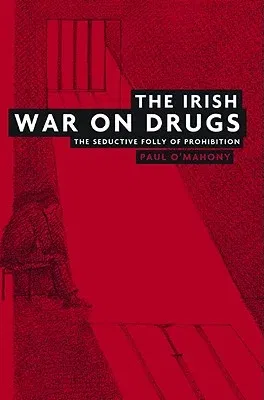This book provides the first comprehensive, critical analysis of the
drugs problem in Ireland over the last thirty years with a particular
focus on the role of drugs in crime and the role of prohibition in
generating drug-related harms. Using Ireland's disastrous history of
prohibition and the failure of its well-resourced harm reduction
programme as a case study, the book goes on to challenge the global
dominance of prohibitionist ideology, which is seen as an emotionally
driven and fundamentally irrational belief system, which flies in the
face of overwhelming evidence that prohibition does more harm than
good.Prohibition's defences against the mass of evidence demonstrating
its detrimental effects and ultimate futility are one by one exposed and
dismantled.
The book argues that international and national law should be based on a
realistic appraisal of human nature and that a scientific view of human
psychology and of the human condition explains not only the value and
irresistible attraction of mood-altering substances, but also the
young's stubborn resistance to the prohibitionist message. The book
argues that society would make substantial gains from accepting the
libertarian view that there is a right to use drugs so long as others'
rights are not infringed. A non-coercive harm reduction approach based
on the right to use drugs could have major benefits, eliminating many of
the ill-effects of prohibition and creating a positive attitudinal
dynamic that lowers the irresponsible and destructive use of drugs.

